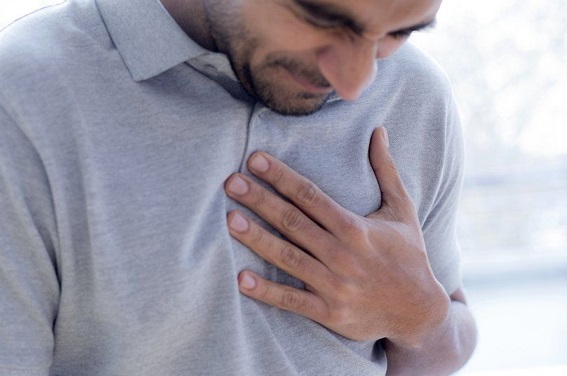- Ka hanu paʻakikī ʻana a i ʻole ka liʻiliʻi o ka hanu.
- Ka luhi a luhi paha.
- Symptoms that get worse after physical or mental activities.
- Difficulty thinking or concentrating (sometimes referred to as “brain fog”).
- ʻAhu.
- Chest or stomach pain.
- Heʻeha.
- Fast-beating or pounding heart (also known as heart palpitations).
- Joint or muscle pain.
- Pins-and-needles feeling.
- Kōkua.
- Nā pilikia moe.
- Fiva.
- Dizziness on standing (lightheadedness).
- ʻūhū.
- Hoʻololi ke ʻano.
- Change in smell or taste.
- Changes in period cycles.

How Can COVID-19 Affect the Internal Organs?
Some people who had severe illness with COVID-19 experience multiorgan effects or autoimmune conditions over a longer time with symptoms lasting weeks or months after COVID-19 illness. Multiorgan effects can affect most, if not all, body systems, including heart, lung, kidney, skin, and brain functions. Autoimmune conditions happen when your immune system attacks healthy cells in your body by mistake, causing inflammation (painful swelling) or tissue damage in the affected parts of the body.
While it is very rare, some people, mostly children, experience multisystem inflammatory syndrome (MIS) during or immediately after a COVID-19 infection. MIS is a condition where different body parts can become inflamed. MIS can lead to post-COVID conditions if a person continues to experience multiorgan effects or other symptoms.






















